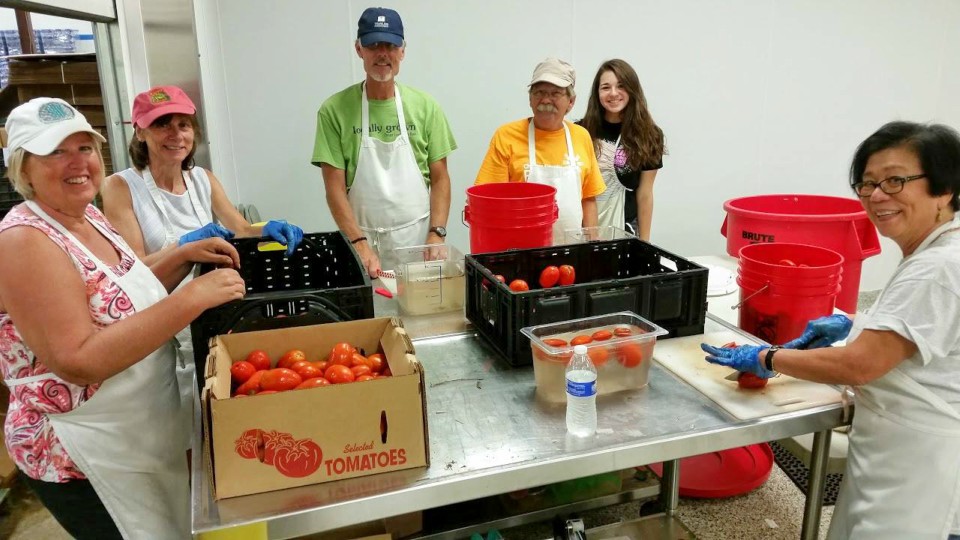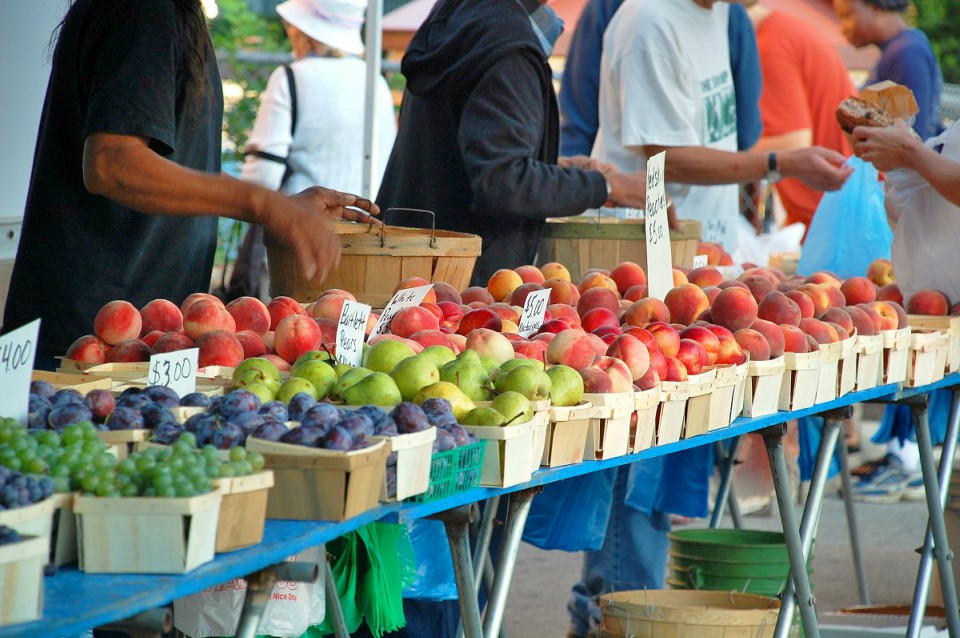3 Ways to Practice Advocacy at Home
Here at Chester County Food Bank, advocacy is central to our mission. Of course, action is also key to accomplishing our work to combat food insecurity in our communities, as well as carry out all of the many programs, educational outreach opportunities and direct distribution initiatives that we provide to our neighbors in need. But without advocacy (defined as “public support for or recommendation of a particular cause or policy”), we wouldn’t have a network of allies to help us spread the word about our work and share the important message about how hunger affects those living in our cities and towns.
Not only do we rely on our supporters to act as advocates, but we also practice advocacy. The CCFB practices advocacy by committing to protect federal and state nutrition programs, which help to keep food on the tables of our neighbors currently experiencing or are at risk of food insecurity.
Whether we are meeting with representatives in Harrisburg to champion funding for SFPP (State Food Purchase Program) or engaging with our partner agencies to ask their members of Congress to protect SNAP (Supplemental Nutrition Assistance Program), our efforts are aimed at educating the community on these vitally important programs and the role they serve in Chester County. Simply put, we can’t do it alone, and advocacy is just one way that we work to meet our mission of mobilizing our community to ensure access to real, healthy food.
While you might not have the time or resources to meet with state reps or undertake a big campaign, we urge you to not assume that advocacy isn’t for you. There are so many small, everyday ways that you can practice advocacy right at home. It’s too easy to believe that if we’re not doing something “big” that we aren’t able to make an impact, but here at CCFB, we’ve seen that assumption debunked over and over again.
Here are three ways you can practice advocacy at home:
1. Share an article on social media: Facebook and Instagram can be used for some much more than posting family photos or cute animal memes. Social media can be an incredible tool for sharing information and educating friends and family about important social issues.
Many people don’t realize the prevalence of hunger in our community, and right now is a particularly important time to bring awareness to anti-hunger policy. Just starting the conversation is a great place to begin. Sharing news articles — from trusted, reputable sources, of course — is an easy and almost instant way of practicing advocacy.
2. Educate yourself: Sharing articles via social media becomes a lot more powerful when you also educate yourself about the issues you care about. For instance, when it comes to hunger and food insecurity, many policies benefit communities in more ways than providing food.
A program like SNAP is an important revenue stream for communities. Every dollar of SNAP is estimated to generate $1.70 of economic activity that would be sorely missed by businesses in Chester County. Once folks have an understanding, writing or calling elected officials is an effective way to have your voice heard. The more personalized the message, the better!
Firsthand experience can also be the most compelling form of education. Volunteering at a food pantry or meal site in your neighborhood can provide a meaningful way to connect with people who have real-life experiences with hunger. Having a story to share with legislators will embolden advocates to take a stand to protect the programs we fight for every day.
3. Shop at your local farmers market: Keep your dollars working locally by supporting your local food system. Most communities hold a weekly farmers market for at least part of the year, and choosing to buy some of your groceries at these markets is a huge help to farmers in our region. You’ll get the benefit of fresh, seasonal produce — often organic or grown with Integrated Pest Management practices — all while supporting the agricultural community instead of multinational corporations.
We hope these three suggestions have helped show how anyone can practice simple acts of advocacy in their day-to-day life. Try one of them and see how easy it can be to speak out and support our mission to end hunger insecurity in Chester County!
Want to Get Involved? You can donate food, funds and time to help us achieve our mission. Call (610) 873-6000 to speak to someone about getting involved or click here. Thanks to you, we’re growing a healthier community.
The Chester County Food Bank is the central hunger relief organization serving more than 160 food cupboards, meal sites and social service organizations throughout Chester County. We mobilize our community to ensure access to real, healthy food.
Photos, top to bottom: Pexels; Chester County Food Bank; Bigstock
Editor’s Note: This post was originally published in May 2018 and has been updated for accuracy and comprehensiveness.

